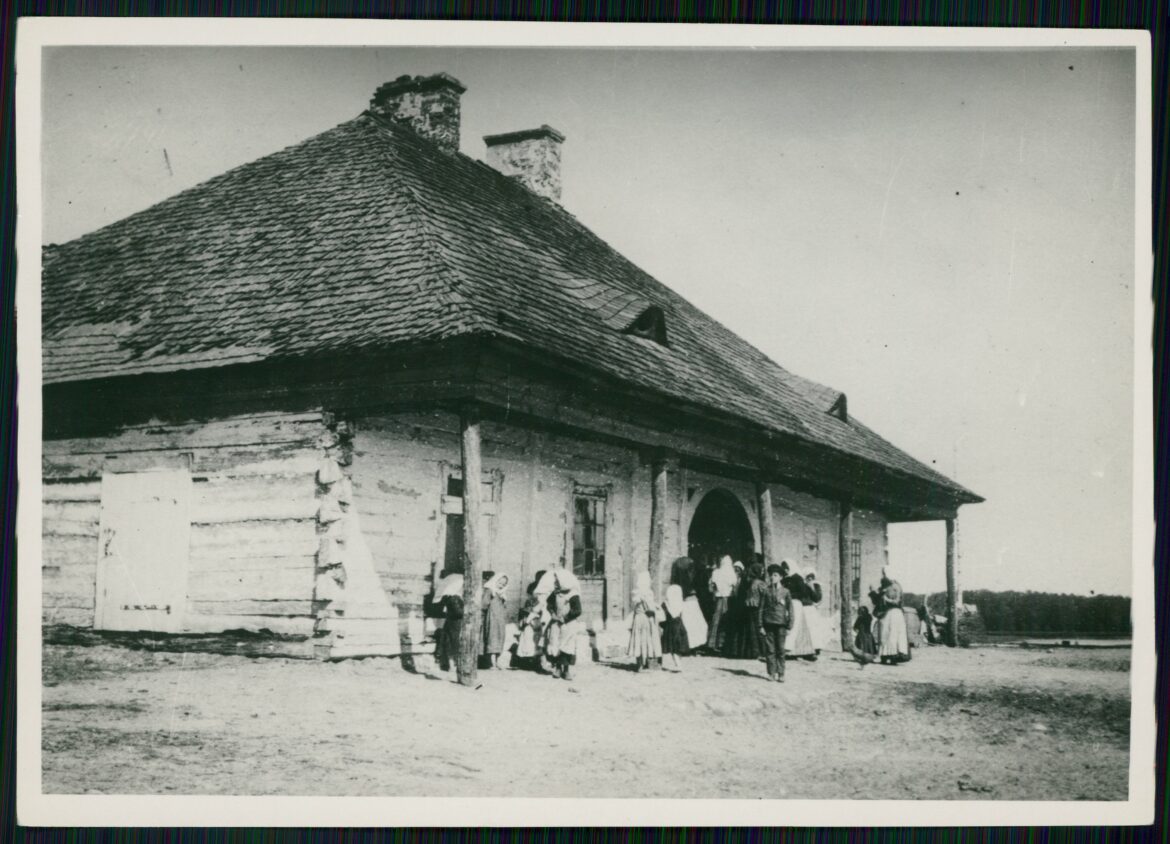The economic crisis that hit the Polish-Lithuanian Commonwealth as a result of the wars of the 17th century caused the nobility to look for new ways to increase their income. One of the examples of this trend was the introduction of further regulations in the 18th century which restricted the possibility of running inns in towns, which encouraged the development of inns in rural areas. These taverns belonged to the manor.
Jews gradually began to predominate among inn tenants from the second half of the 17th century, especially in Lithuania and Samogitia. The impoverishment of the peasantry, the ban on noblemen from running inns personally under the threat of losing their state rights, and the development of rural innkeeping meant that in the following decades Jews dominated this sector of the economy. They definitely prevailed in the lands to the east of the Vistula. To the west of that river, on the other hand, peasants were still among the leaseholders. Settlers from German countries were also involved in leasing.
In the second half of the nineteenth century, Jews were also increasingly involved in rural handicrafts, leasing distilleries, breweries, and manors, and thus fulfilled an important function in rural communities.
Both foreign travellers and the Polish nobility were not very positive about the level of service offered in country inns. This is evidenced, for example, by the account of the astronomer Johann Bernoulle from the 1870s, or the memoirs of the French Jesuit Hubert Vautrin from the turn of the 18th and 19th centuries, as well as by economic handbooks for the nobility. It was pointed out that, although the buildings themselves were sometimes grand in appearance, inside they were cramped, with the host accommodating guests in the same room where he slept with his family. In addition, for religious reasons, travellers were not served on the Sabbath. It was also noted that the inns, which had previously been the centre of the cultural life of the village, gradually became mainly a place for drinking and lodging. This was partly due to the fact that in the 19th century more and more eateries, competitive in this respect, were established in cities and towns.
Despite these drawbacks, the inns remained a focal point in the village, a place for exchanging ideas and making contacts, and the Jews, characterised by their thrift and industriousness, ensured their profitability and stable functioning.





